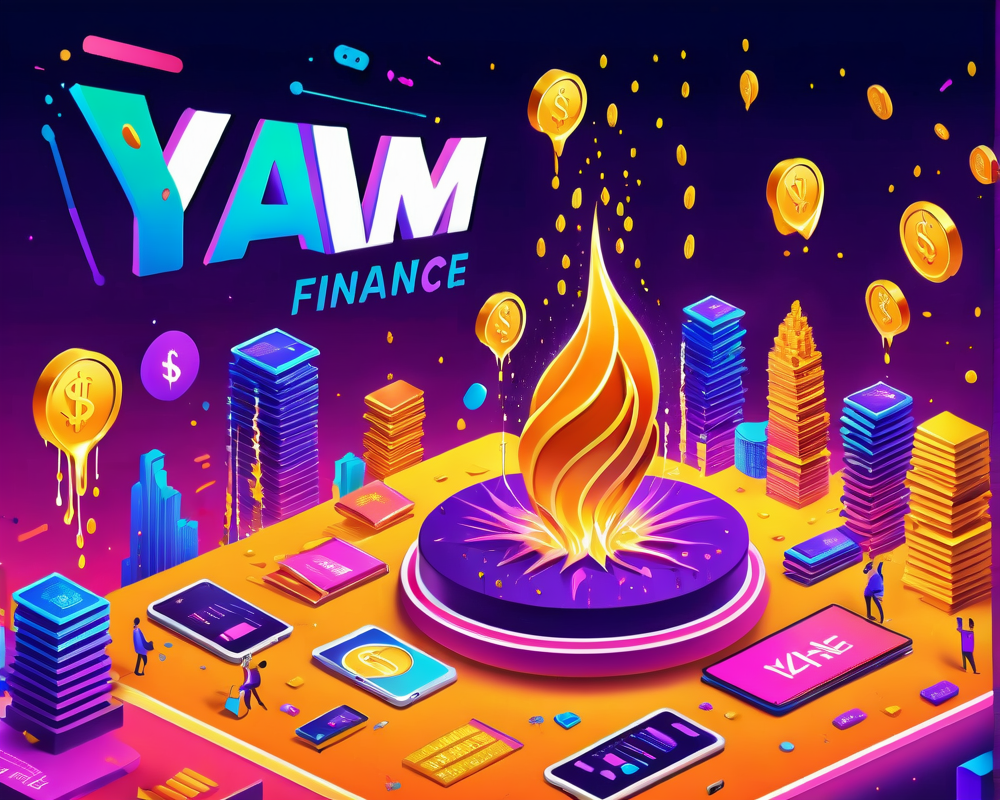A Leap into the Ether: Bitcoin’s Journey to the Cosmos
Imagine a world where your Bitcoin transactions aren’t tethered to the whims of your local internet service provider. Well, that dream is taking off—literally! Thanks to Alessandro Cecere, a product manager at Ledn and a proud Venezuelan, Brazil is now home to a full-fledged Bitcoin satellite node. This innovation beams the blockchain straight from the satellite network, making internet connections seem as archaic as dial-up.
What Exactly is a Bitcoin Full Node?
For those still scratching their heads, let’s break it down: a Bitcoin full node is like the vigilant librarian of the blockchain, keeping an eye on every transaction and ensuring everyone follows the rules. It’s a software that downloads the entire blockchain and verifies transactions, preventing naughty behaviors like double-spending. In Cecere’s words, nodes offer “decentralized access to the only uncensorable monetary network that we know of today.” Sounds fancy, doesn’t it?
Breaking Free from the Internet
Before 2020, running a Bitcoin node was akin to trying to cook spaghetti without boiling water. It depended heavily on solid internet connectivity. But with Blockstream’s Satellite Network, things have changed dramatically. No internet? No problem! You can now download a full Bitcoin node via satellite.
Why is This Important?
Imagine remote villages somewhere off the grid, disconnected from traditional internet infrastructure. Satellite full nodes can serve as lifelines, bridging the gap to the Bitcoin network without local connectivity blunders. As Cecere explains, such setups foster decentralization, opening the door to communities previously left out of the financial revolution.
Making Waves in the Crypto World
But hold your horses; it’s not just about downloading data. While Cecere’s node can pull blocks from the satellite, it’s a one-way street—there’s currently no way to send transaction data back. So, while people can learn all about Bitcoin from space, you still can’t shout your transactions into the ether just yet. That said, future enhancements are on the horizon that might change the game!
The Ripple Effect in Emerging Countries
This technology holds special significance for countries like Venezuela and Brazil, where political instability can disrupt traditional networks. In Venezuela, for example, the existing satellite dish infrastructure has escalated adoption rates of cryptocurrencies. Cecere, being resourceful, transformed his family’s old DirecTV dish into a Bitcoin access point—talk about recycling!
A Bright Future Ahead
The potential for expanding Bitcoin visibility in remote or underserved areas couldn’t be brighter. As Cecere aims to port his Santos-based satellite node to a tech park, it signals hope for greater Bitcoin adoption across Brazil. With a recent bill proposing legal protections for crypto and recognizing its benefits, the sky—even the stratosphere—is the limit.
What Lies Ahead?
As we look forward, we can only hope that advancements in technology will allow two-way communication, setting the stage for Bitcoin to earn its rightful title as “space money.” Until then, we salute Cecere and his pioneering efforts to connect the world—one satellite transmission at a time!



